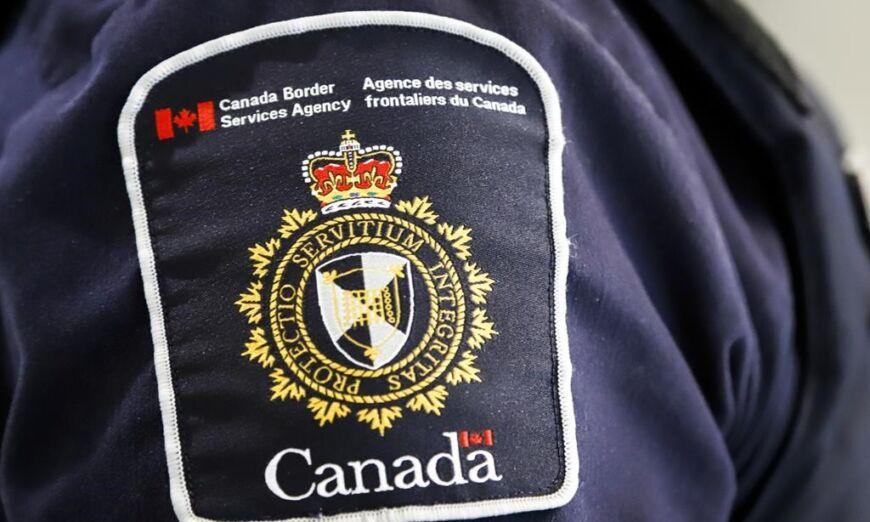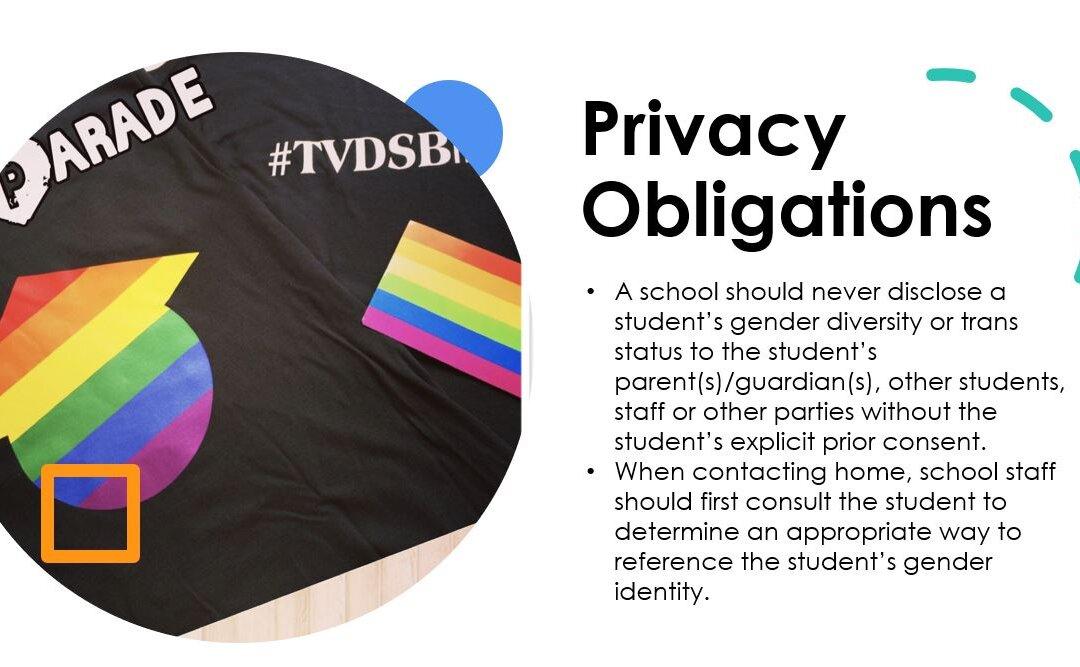The majority of individuals issued deportation orders by the Canada Border Services Agency (CBSA) are believed to still be in the country, according to internal government data.
Between Jan. 1 and May 24 of this year, 1,004 deportation orders were issued, of which 185 recipients complied. Enforcement agents removed another 168 individuals, with the rest still in Canada, according to data contained in an order paper requested by Calgary-Shepard Tory MP Tom Kmiec.




